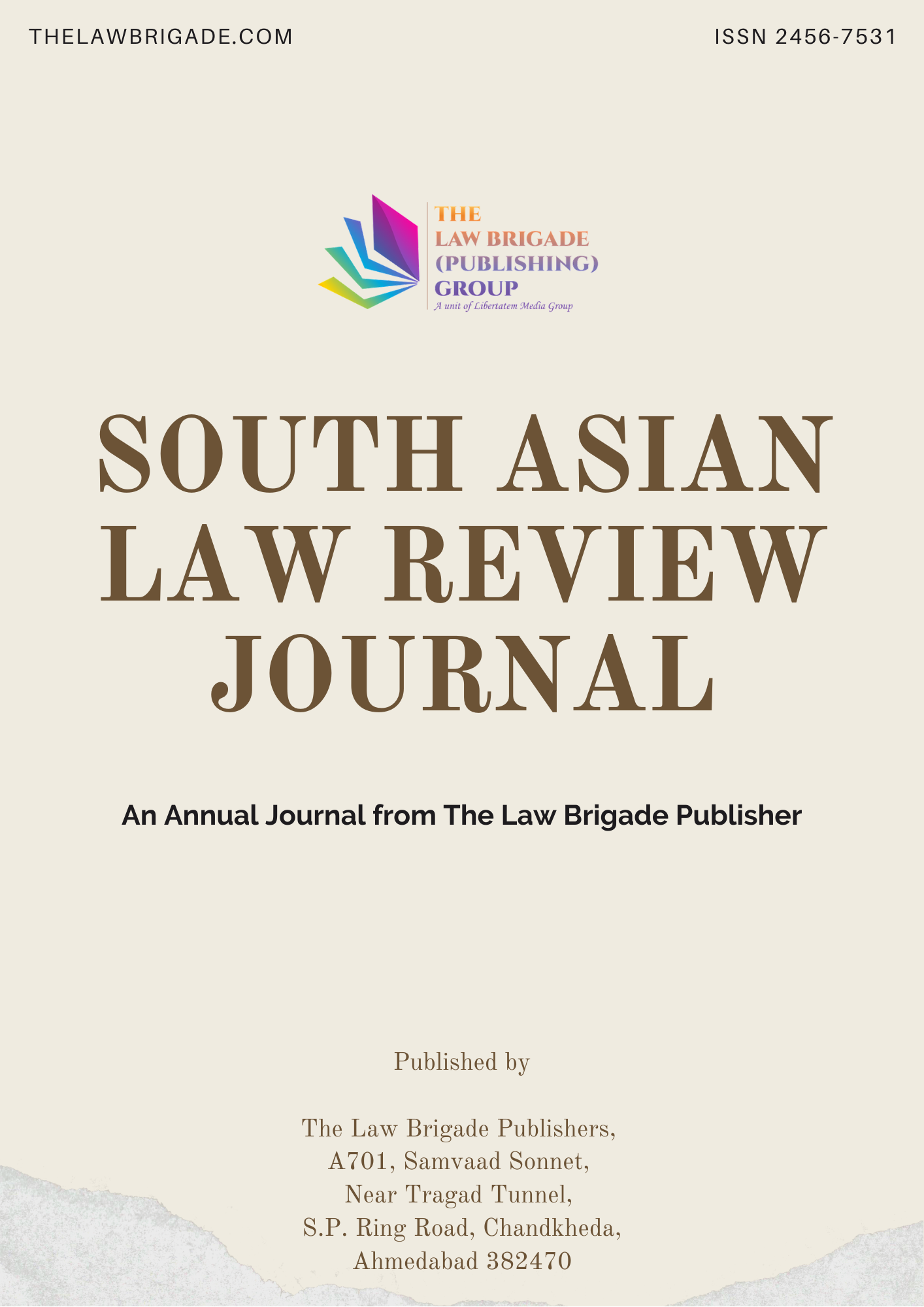Pardon is an act of kindness given to a person sentenced to death by the State, setting aside the consequences of his criminal acts and giving that person another chance to live his life like any other citizen of the State. This power can be exercised by the head of state, but a person seeking such mercy cannot ask for it as a matter of right. Such pardon may be absolute or conditional. Absolute pardon is when a convicted felon is released from a sentence imposed by the courts and does not have to spend another minute in custody and is released from the jurisdiction of any pending sentence and is completely acquitted of his charges. However, conditional pardon is where the effectiveness of the punishment depends on the completion of certain conditions. The commutation of death penalty to life imprisonment is an example of a conditional pardon.
Pardoning Power of the President under the Constitution of India – A Critical Analysis
Publication Information
Journal Title: South Asian Law Review Journal
Author(s): Gururaj Devarhubli & Bushra Sarfaraj Patel
Published On: 02/05/2022
Volume: 8
First Page: 84
Last Page: 95
ISSN: 2456-7531
Publisher: The Law Brigade Publisher
DOI Not Allotted [Get DOI]
Cite this Article
Gururaj Devarhubli & Bushra Sarfaraj Patel, Pardoning Power of the President under the Constitution of India – A Critical Analysis, Volume 8, South Asian Law Review Journal, 84-95, Published on 02/05/2022, Available at https://salrj.thelawbrigade.com/articles/pardoning-power-of-the-president-under-the-constitution-of-india-a-critical-analysis/
Abstract
Keywords: India, President, Pardoning, Russia, USA, UK





